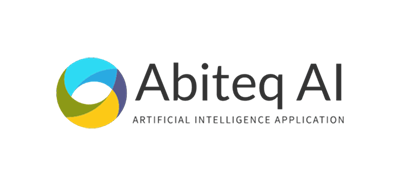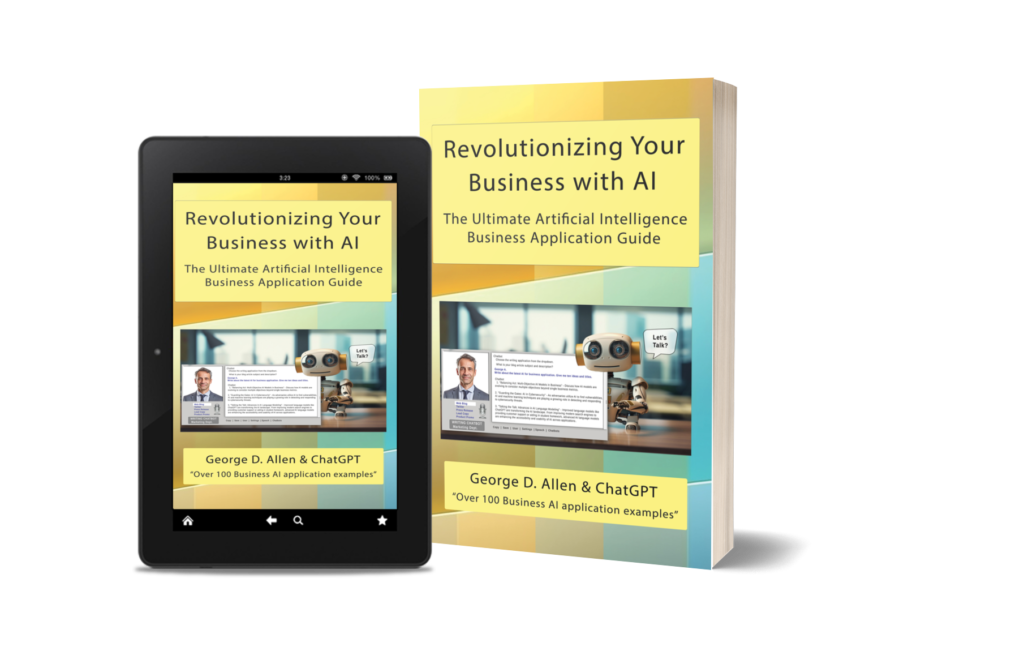– Revolutionizing the Customer Experience
Customer support is the backbone of any successful business. Ensuring that customers receive timely and accurate assistance is essential for maintaining satisfaction and loyalty. With the rapid growth of digital technology and increasing customer demands, businesses are seeking innovative ways to enhance their customer support services. Enter ChatGPT – a state-of-the-art AI chatbot that has the potential to revolutionize customer support automation.
In this blog post, we will explore how ChatGPT can be utilized to automate customer support, discussing its features, benefits, implementation process, and potential challenges. By the end of this article, you’ll have a comprehensive understanding of how ChatGPT can transform the customer support landscape.
What is ChatGPT?
ChatGPT is a powerful AI language model developed by OpenAI, based on the GPT-4 architecture. It has been trained on an extensive dataset, enabling it to understand and generate human-like responses to a wide range of inputs. With its advanced natural language processing capabilities, ChatGPT can be integrated into various customer support channels, such as live chat, email, and social media, to assist customers with their queries and concerns.
Features of ChatGPT for Customer Support
Natural Language Understanding (NLU): ChatGPT has been trained to understand and process complex language patterns, enabling it to comprehend customer queries with high accuracy. This allows the chatbot to provide relevant and contextually appropriate responses.
Contextual Awareness: ChatGPT is designed to maintain context throughout a conversation, ensuring that it can respond intelligently to follow-up questions and provide information that is consistent with previous responses.
Integration with Existing Support Channels: ChatGPT can be seamlessly integrated into a company’s existing customer support channels, including live chat, email, and social media platforms.
Customization: Businesses can tailor ChatGPT to their specific needs, teaching it industry-specific terminology, brand voice, and other unique attributes to create a personalized and consistent customer experience.
Scalability: ChatGPT can handle a large volume of simultaneous customer inquiries, making it an ideal solution for businesses experiencing rapid growth or fluctuating support demands.
Benefits of Automating Customer Support with ChatGPT
Improved Customer Satisfaction: By providing prompt and accurate responses to customer inquiries, ChatGPT can enhance the overall customer experience, leading to higher satisfaction rates and increased loyalty.
Reduced Response Times: With ChatGPT’s ability to process multiple queries simultaneously, customers can receive real-time assistance without waiting in long queues, significantly reducing response times.
Cost Savings: Automating customer support with ChatGPT can help businesses save on labor costs associated with maintaining a large customer support team. Additionally, the chatbot’s ability to handle inquiries around the clock reduces the need for after-hours support staff.
Increased Efficiency: By automating routine customer inquiries, support agents can focus on addressing more complex issues that require human intervention. This allows businesses to allocate their resources more effectively and improve the overall efficiency of their support operations.
Data-driven Insights: ChatGPT can gather valuable data from customer interactions, enabling businesses to identify trends, common pain points, and areas for improvement, thereby helping them make informed decisions to enhance their customer support services.
Implementing ChatGPT for Customer Support
Define Objectives: Determine the specific goals you want to achieve with ChatGPT, such as reducing response times, decreasing support costs, or improving customer satisfaction.
Customize the Chatbot: Work with your development team or an external vendor to tailor ChatGPT to your business needs, incorporating industry-specific terminology, brand voice, and other unique attributes.
Integration: Integrate ChatGPT into your existing customer support channels, such as live chat, email, and social media platforms. Ensure seamless integration with your customer relationship management (CRM) system and other relevant tools to maintain a centralized database of customer interactions.
Training and Testing: Before deploying ChatGPT, thoroughly train and test the chatbot to ensure it provides accurate and contextually relevant responses. Continuously refine and update its knowledge base to maintain its effectiveness.
Monitor and Optimize: Once ChatGPT is live, regularly monitor its performance and customer interactions. Use the insights gathered to optimize the chatbot’s responses, address identified issues, and enhance the overall customer experience.
Challenges and Best Practices
While ChatGPT offers numerous benefits for automating customer support, there are potential challenges and pitfalls to consider.
Maintaining a Human Touch: Despite ChatGPT’s advanced language capabilities, it is still an AI chatbot and may lack the emotional intelligence of a human support agent. To mitigate this, ensure that customers can easily escalate their inquiries to a human agent if needed.
Data Security and Privacy: Handling sensitive customer information is a critical concern for businesses. Ensure that ChatGPT complies with relevant data protection regulations, such as the General Data Protection Regulation (GDPR), and maintains a high standard of data security.
Setting Realistic Expectations: While ChatGPT can handle a wide range of customer inquiries, it may not be suited for addressing highly complex or specialized issues. Clearly communicate the chatbot’s capabilities to customers and manage their expectations accordingly.
Continuous Improvement: The effectiveness of ChatGPT relies on its ability to learn and adapt to new information. Regularly update and refine the chatbot’s knowledge base to ensure it stays up-to-date with industry trends, product changes, and customer feedback.
Conclusion
Automating customer support with ChatGPT has the potential to revolutionize the way businesses interact with their customers. By leveraging the chatbot’s advanced natural language processing capabilities, businesses can provide prompt and accurate assistance, leading to higher customer satisfaction and loyalty. With proper implementation, customization, and ongoing optimization, ChatGPT can become an invaluable asset in any company’s customer support toolkit.
Need help incorporating ChatGPT into your business?
Contact us at Abiteq AI – Business AI Solutions.

